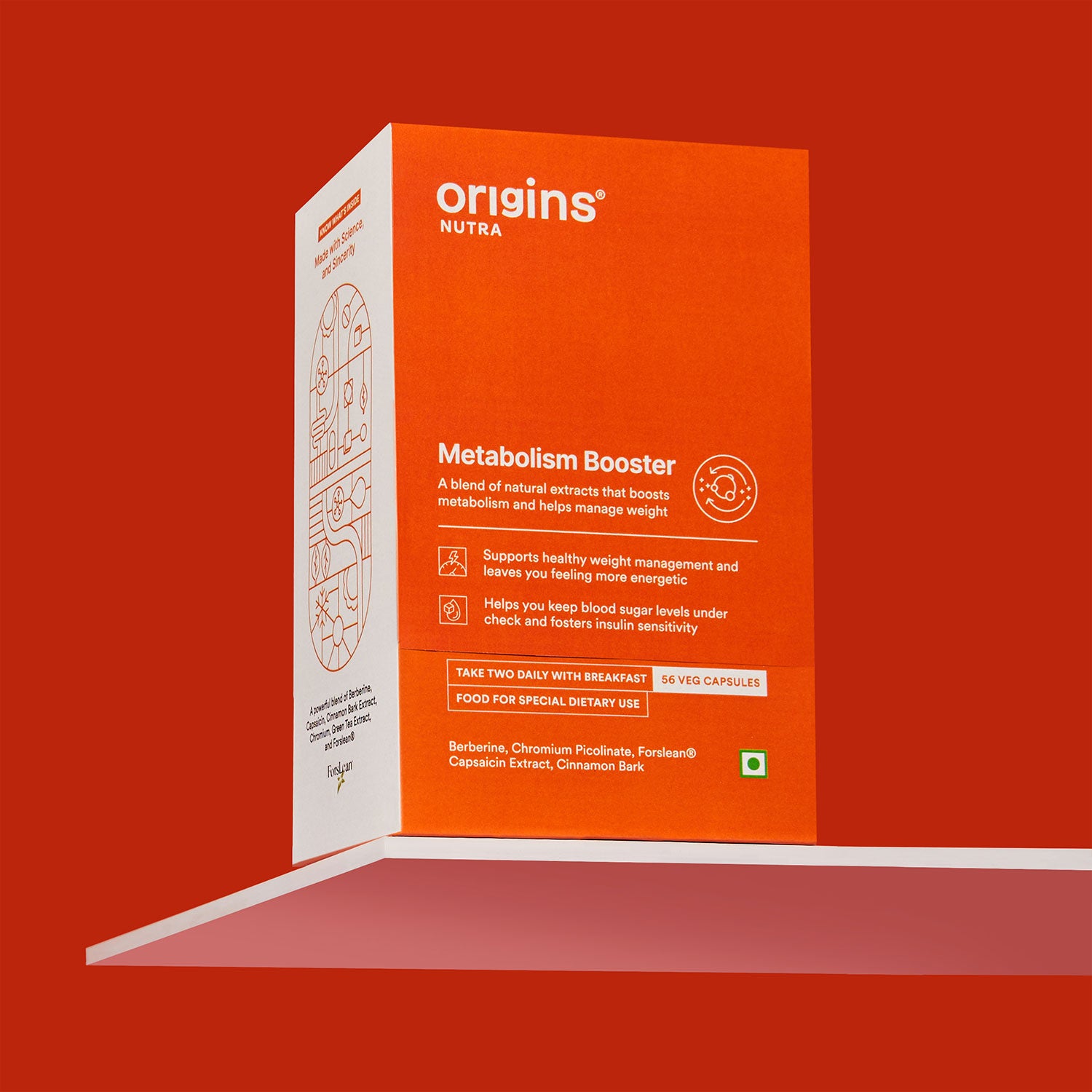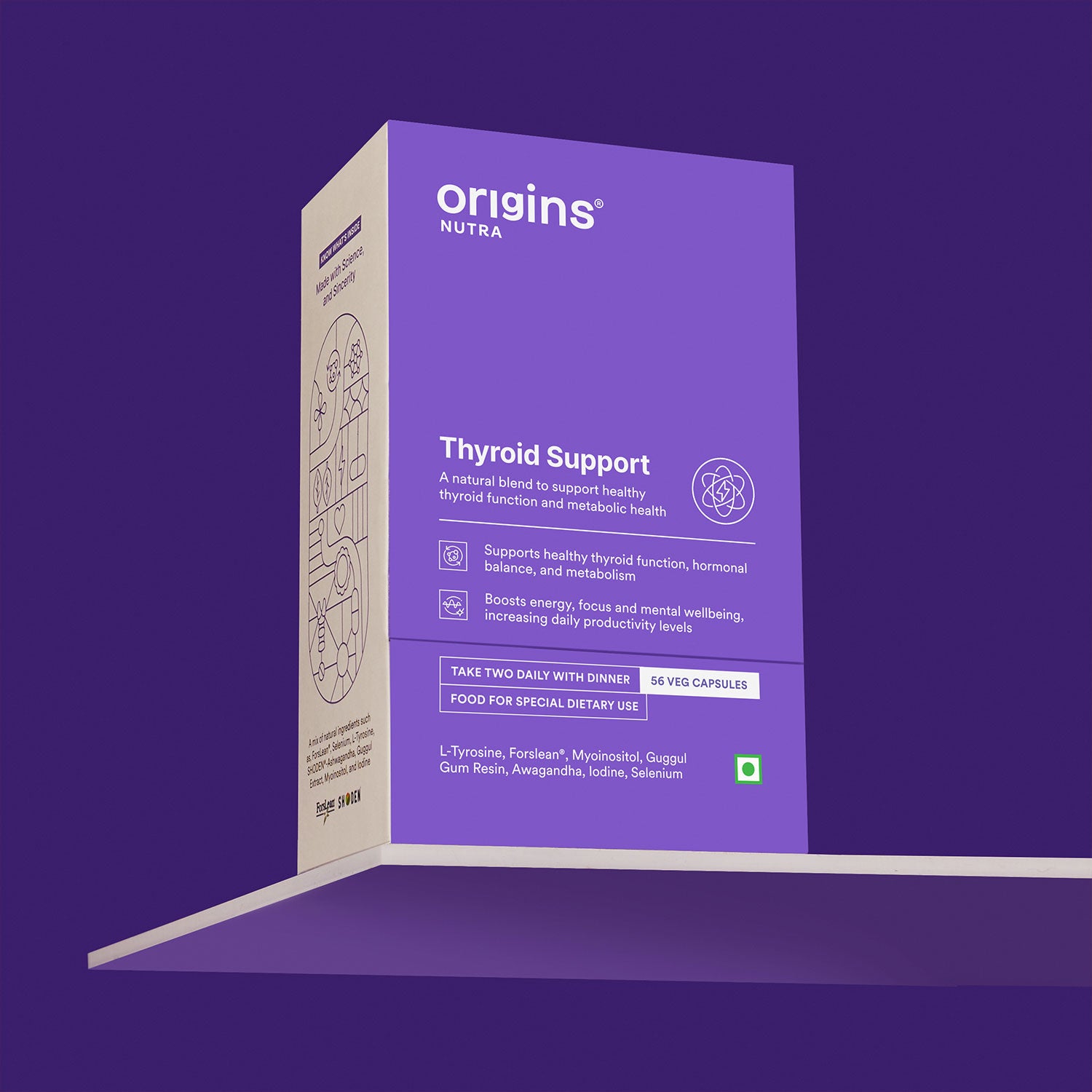Top 10 Magnesium Benefits You Need to Know!!
Magnesium is an essential mineral that plays a crucial role in numerous bodily functions. It is naturally found in a variety of foods, added to some processed products, and available as a dietary supplement.
Despite its importance, many individuals do not consume enough magnesium in their diets. In this blog, we’ll explore the top 10 magnesium benefits for the body that can significantly enhance our overall health and well-being.

1) Helps Manage Stress and Anxiety
Magnesium acts as your calm in the storm by balancing mood-regulating neurotransmitters and reducing stress.
It influences the production of serotonin and other mood stabilisers, which can help alleviate anxiety and improve overall mental well-being. Additionally, it regulates cortisol release, promoting a sense of calm by blocking stimulating neurotransmitters and preventing serotonin imbalance.
2) Help Eases PMS and Postmenopause Symptoms
Magnesium offers significant benefits for easing PMS and postmenopause symptoms. By helping to balance hormones and regulate neurotransmitters, magnesium can reduce mood swings and irritability.
It also alleviates menstrual cramps and discomfort by relaxing muscles and decreasing inflammation. Incorporating magnesium-rich foods or supplements can enhance overall well-being during these challenging times.
3) Supports Overall Body Function
Magnesium benefits the body by acting as a cofactor in over 300 enzymatic reactions, which are essential for maintaining good health. It supports energy production, muscle contraction, and nerve function. Making sure you get enough magnesium helps your body run smoothly and efficiently, keeping you feeling your best.
4) Alleviates Headaches and Migraines
Low levels of magnesium in the serum, cerebrospinal fluid (the fluid surrounding the brain and spinal cord), and brain tissue have been linked to migraines. In one study of 40 patients experiencing an acute migraine attack, half of them had low ionised magnesium levels.
Research suggests that maintaining adequate magnesium levels can help reduce the frequency of migraine attacks, making it an effective preventive measure. Magnesium also plays a role in balancing neurotransmitter function, which can help stabilise brain signalling and reduce the chances of migraines triggered by stress or hormonal changes.

5) Enhances Muscle and Nerve Function
Magnesium is essential for muscle recovery and function, making it a crucial nutrient for overall muscle health. Approximately 20% of the body’s total magnesium is found in skeletal muscle. It plays a central role in key processes like protein synthesis, energy production, and muscle contraction, while also providing anti-inflammatory and antioxidant benefits.
Magnesium benefits are especially important after exercise, as magnesium helps reduce inflammation and soreness, promoting faster recovery and enabling you to perform at your best.
6) Strengthens Your Bones
One of magnesium's most important roles is helping the body build and maintain healthy bones. About 60% of the magnesium in your body is stored in the bones. It plays a vital role in regulating calcium levels and works in harmony with other essential nutrients, such as vitamin D and calcium, to enhance bone density and strength.
Additionally, it supports the formation of bone tissue and the activity of osteoblasts, the cells responsible for creating new bone. Ensuring adequate magnesium intake is crucial for overall bone health.

7) Promotes Restful Sleep
One of the most well-known magnesium benefits is its role in promoting better sleep, which is well-documented. This essential mineral helps regulate neurotransmitters that calm the nervous system, making it easier to fall asleep and stay asleep.
Studies show that magnesium supplementation can improve insomnia, enhance sleep efficiency, and increase overall sleep time. By incorporating magnesium into your routine, you may find it easier to achieve a restful night’s sleep.
8) Helps improve Prostate health and Testosterone levels
Magnesium plays a crucial role in supporting prostate health and maintaining healthy testosterone levels. Research has investigated the connection between magnesium and testosterone (T), particularly through studies on magnesium supplementation in adults. One study demonstrated how magnesium, combined with exercise, positively affected testosterone levels in athletes.
Adequate magnesium intake has been linked to improved testosterone levels, contributing to better energy, mood, and overall vitality. Additionally, higher dietary intakes of magnesium are associated with reduced odds of prostate cancer, highlighting its importance for overall male health.

9) Supports Heart Health
Magnesium plays a vital role in supporting heart health through various mechanisms. It helps regulate nerve signals and muscle contractions while also aiding in blood pressure control by promoting the relaxation of blood vessels, which can reduce the risk of hypertension.
These magnesium benefits contribute to improved blood flow and decreased inflammation, ultimately lowering the risk of heart disease and highlighting magnesium as an essential nutrient for maintaining a healthy heart.
10) Better Gut health
Magnesium supports digestion in several important ways. It helps regulate the function of muscles in the digestive tract, ensuring proper movement of food through the intestines.Recent research has further proven that oral magnesium supplementation can prevent postoperative complications of cardiac surgery, including nausea, vomiting, and constipation in patients.
Among many of magnesium's benefits, it helps relax the muscles of the intestinal walls, promoting smoother bowel movements and preventing constipation. Magnesium contributes significantly to digestive health, making it an essential nutrient for overall digestive function.
Conclusion
Incorporating adequate magnesium into your diet can significantly enhance your overall health and well-being. The benefits of magnesium are extensive and multifaceted. Whether through magnesium-rich foods or dietary supplements, ensuring you meet your magnesium needs can lead to improved energy levels, a better mood, and a stronger body.
As always, it’s wise to consult with a healthcare professional to determine the best approach for your individual health needs. Embrace the power of magnesium and take a proactive step toward a healthier you!
Frequently Asked Questions (FAQ’s)
- What is the main benefit of magnesium?
Magnesium is essential for maintaining energy levels, supporting muscle function, ensuring proper nerve communication, and contributing to healthy bones.
- Is it good to take magnesium every day?
Yes, taking magnesium daily can be beneficial, especially if you're deficient or have higher needs. Just be sure to follow the recommended dosage to avoid any issues.
- What are the symptoms of magnesium deficiency?
Common signs of magnesium deficiency include muscle cramps, fatigue, weakness, nausea, loss of appetite, and in more severe cases, irregular heart rhythms.
- What food is highest in magnesium?
Foods rich in magnesium include spinach, almonds, pumpkin seeds, whole grains, and legumes. Incorporating these into your diet can help boost your magnesium intake.
- Who should not take magnesium?
People with kidney problems or those taking certain medications, such as diuretics or antibiotics, should consult their healthcare provider before taking magnesium supplements.
- Is magnesium good for sleep?
Yes, magnesium can promote better sleep by regulating melatonin production, which helps manage your sleep-wake cycles.
- Does magnesium have side effects?
While magnesium is generally safe, excessive intake can lead to diarrhoea, nausea, and stomach cramps. In extreme cases, it might cause an irregular heartbeat or lower blood pressure.
- Which magnesium is best?
The best type depends on your needs: magnesium citrate helps with digestion, magnesium glycinate aids relaxation, and magnesium oxide is useful for relieving constipation.
- Is magnesium good for anxiety?
Yes, magnesium can help ease anxiety by supporting brain health and regulating neurotransmitters that affect mood.



































